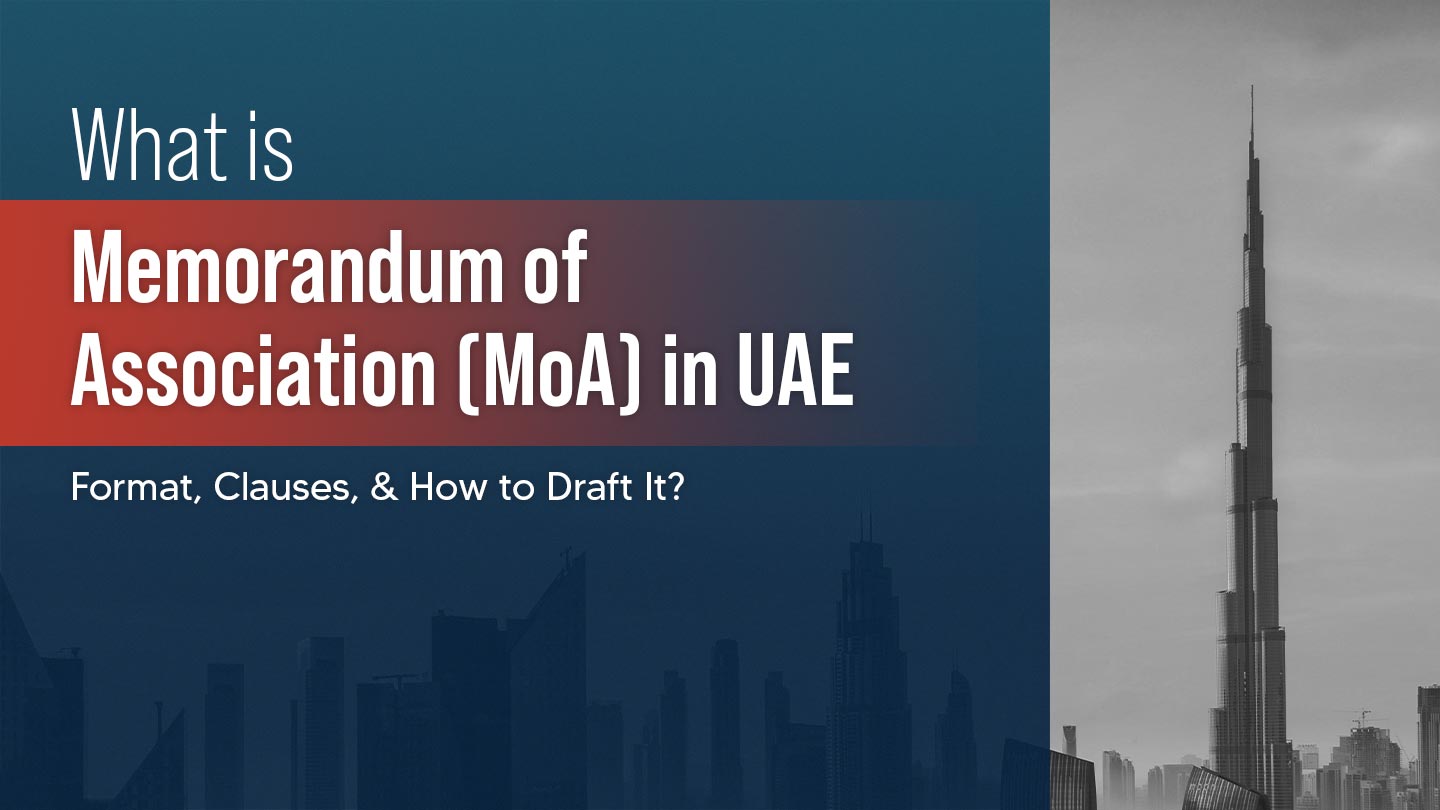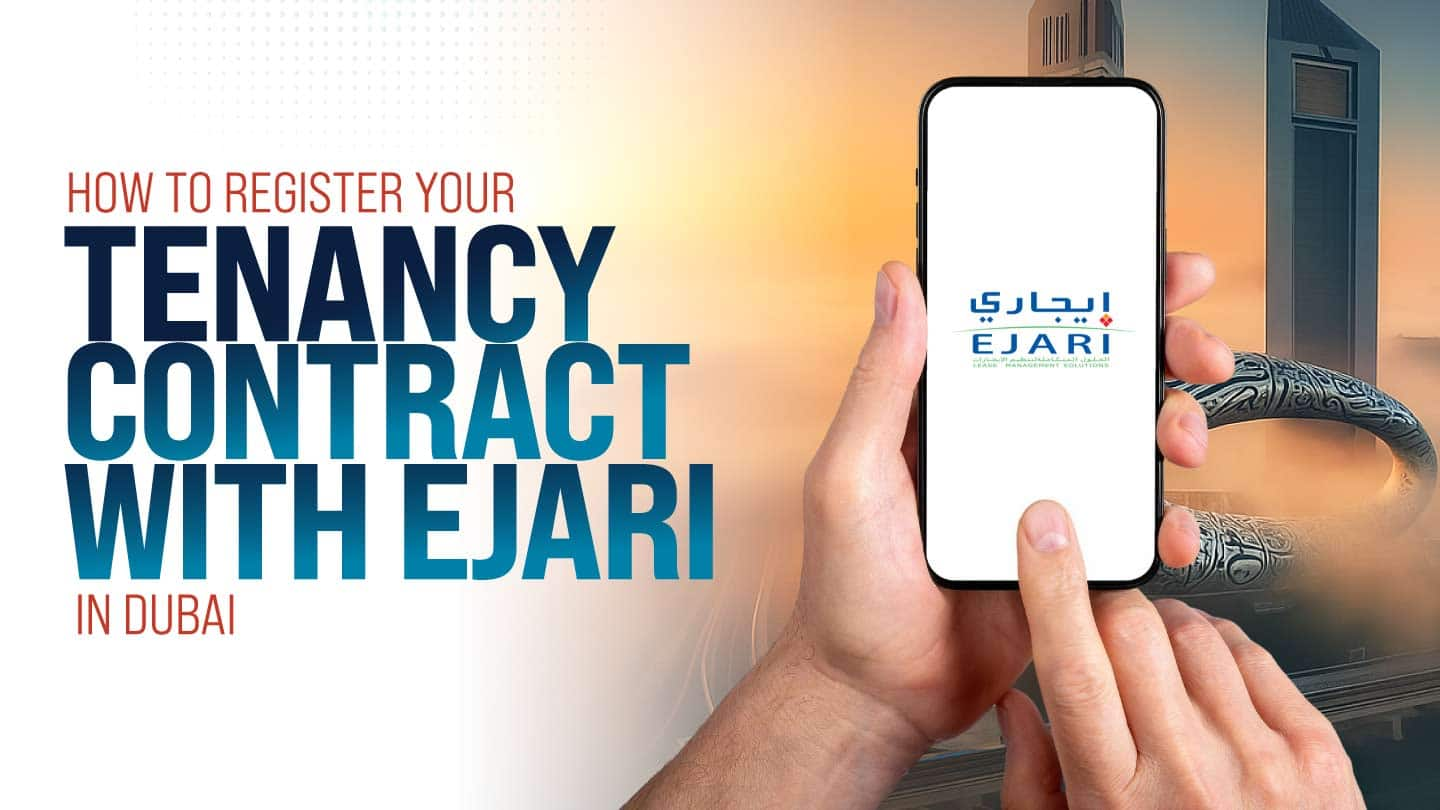Dubai’s real estate market is one of the fastest growing and most exciting in the world. In fact, property prices have gone up by as much as 147% over the last five years, and the number of homes being bought and sold is hitting record highs. A big reason behind this growth is Dubai’s investor-friendly environment, strong rules to protect buyers and sellers, and programs like the Golden Visa. With more than 300,000 new homes expected to be built by 2028, owning property in Dubai continues to be a smart investment.
But if you’re planning to buy, sell, gift, or inherit a property here, it’s important to know how to transfer ownership of property in Dubai. To transfer property ownership in Dubai, both the buyer and seller (or their legal representatives) must visit the Dubai Land Department (DLD) or a DLD-approved trustee office to complete the transfer. You’ll need to get a No Objection Certificate (NOC) from the developer, submit essential documents like the title deed and sale agreement, pay the necessary transfer fees, and finally, receive a new title deed under the new owner’s name.
This process involves more than just paperwork, it helps ensure your transaction is smooth, legal, and fully protected.
Legal Framework for Property Ownership in Dubai
Dubai has a well-defined legal system for property ownership, overseen by the Dubai Land Department (DLD). The DLD plays a central role in regulating and documenting all real estate transactions in the emirate, ensuring transparency, legal compliance, and protection for both buyers and sellers.
Role of the Dubai Land Department (DLD)
The DLD is the government body responsible for:
- Registering property transactions and issuing title deeds
- Approving ownership transfers, mortgages, and leases
- Regulating real estate agents and developers
- Ensuring legal clarity and security in all property dealings
All property ownership transfers, whether between individuals, companies, or through inheritance- must be registered with the DLD to be legally valid.
Freehold vs. Leasehold Property Zones
Dubai offers two main types of property ownership:
- Freehold Ownership: Allows foreign nationals to buy, sell, lease, and inherit property with full ownership rights. Freehold properties are available in designated areas such as Downtown Dubai, Dubai Marina, Palm Jumeirah, and Jumeirah Village Circle.
- Leasehold Ownership: Grants the right to use the property for a long-term lease, typically up to 99 years, but the land remains under the ownership of the freeholder (often the government or local developer). Leasehold properties are more common in non-designated zones.
What is a Property Transfer Contract?
A Property Transfer Contract is a legal agreement between two parties, typically a buyer and a seller, that outlines the terms and conditions for transferring the ownership of a property from one person or entity to another.
What Does a Property Transfer Contract Include?
A typical Property Transfer Contract in Dubai includes:
- Details of the property (location, size, title deed number, etc.)
- Names and identification of both parties (buyer and seller or transferee and transferor)
- Agreed sale price or value of the property
- Payment terms and timelines
- Responsibilities of each party (e.g., who will pay the DLD fees, service charges, etc.)
- Confirmation of legal ownership and consent to transfer
- Signatures of both parties and witnesses
Read Also: A Guide for the Legal Procedures to Buy Property in Dubai
Common Scenarios of Property Ownership Transfer
There are several situations where property ownership in Dubai can change hands. Here are the most common types of property ownership transfers:
1. Sale and Purchase
This is the most common scenario where a property owner sells the property to a buyer. The transfer happens after a formal agreement is signed, payment is made, and the ownership is updated at the Dubai Land Department (DLD).
2. Gifting Between Family Members
Property owners in Dubai can gift their property to first-degree relatives, such as parents, children, or spouses. While this is not a sale, it still requires a formal process through the DLD and involves reduced fees compared to standard sales.
3. Inheritance Transfer
When a property owner passes away, the property is transferred to their legal heirs. This is done based on a Sharia-compliant succession certificate or a court ruling, depending on the nationality and religion of the deceased.
4. Corporate Transfer
Property owned by a company can be transferred to another company or within the same group (e.g., during mergers, acquisitions, or restructuring). This usually involves corporate approvals, board resolutions, and clearance from relevant authorities.
5. Divorce Settlements
In cases of divorce, jointly owned property or property under dispute may be transferred from one spouse to another as part of a legal settlement. This must be supported by a valid court judgment or settlement agreement.
Documents Required to Transfer Property Ownership in Dubai
Having all the right paperwork in place ensures a smooth and hassle-free process. Here’s a list of the key documents typically required:
A. For Individuals (Buyer and Seller or Transferring Parties):
- Original Title Deed of the property
- Valid Emirates ID (for UAE residents)
- Passport copies (for non-residents or foreign investors)
- Visa copy (if applicable)
- No Objection Certificate (NOC) from the developer
- Signed Sale and Purchase Agreement (SPA) or Gift/Transfer Agreement
- Bank clearance or mortgage release letter (if there is an existing loan)
- Power of Attorney (if someone is signing on behalf of the buyer or seller)
B. For Companies (If Buyer or Seller is a Company):
- Valid Trade License
- Board Resolution approving the transfer
- Memorandum of Association (MOA)
- Passport and Emirates ID copies of the authorised signatory
- Power of Attorney (if applicable)
How to Transfer Ownership of Property in Dubai
Transferring property ownership in Dubai involves a few important legal steps that ensure the transaction is safe, transparent, and officially recognised by the Dubai Land Department (DLD).
Here’s a simple breakdown of the entire process:
Step 1. Agree on Terms (MOU / Sale & Purchase Agreement)
First, buyer and seller agree on the sale price, deposit (often 10%), payment plan, and other conditions. This is formalised in a Memorandum of Understanding (MOU) or Sale & Purchase Agreement (SPA), depending on whether the property is off‑plan or secondary market.
Step 2. Obtain a No Objection Certificate (NOC)
The developer must issue an NOC, confirming no dues on the property and consent to transfer. Process can take 3–7 working days, with fees ranging from AED 500–5,000.
Step 3. Get Property Valuation (If required)
A valuation by a DLD‑approved valuer may be needed, especially if the property is mortgaged or commercial. This helps verify market value and calculate transfer fees.
Step 4. Visit a DLD-Approved Trustee Office
Submit all documents at a Dubai Land Department‑approved trustee office or Customer Happiness Centre. Both parties or their authorised representatives (via Power of Attorney) attend to sign and finalise documents.
Step 5. Submit Documents
At the trustee office, buyer and seller (or their Power of Attorney) submit originals: Title Deed (or Oqood for off‑plan), Emirates IDs, passports, NOC, SPA/MoU, closing payment proofs and mortgage documents.
Step 6. Pay Fees and Charges
Buyers typically pay:
- 4% DLD transfer fee based on the sale price
- Title deed issuance/admin fee (AED 580 or as specified)
- Property map fees (e.g. AED 250–325 depending on type)
- Trustee office service fee (approx. AED 2,000–4,000, depending on office)
- Mortgage registration fee, if applicable (e.g. 0.25%)
Step 7. Final Verification & Approval
DLD staff verify all documents, signatures, and fee payments. Once everything is approved, ownership is legally transferred and recorded.
Step 8. Issuance of the New Title Deed
A new title deed is issued on the spot in the buyer’s name, either digitally or in paper form, and the transaction is completed.
Step 9. Post-Transfer Steps
After transfer:
- Transfer utility accounts (electricity, water, gas) to the new owner
- If applicable, obtain a move-in permit from the developer
- Update the property management or homeowners association about the change in ownership
What is Dubai Property Transfer Fees?
Transferring property ownership in Dubai involves several key fees. Some are mandatory, while others depend on your situation, like having a mortgage or hiring a lawyer. Here’s a breakdown of the main costs you should be aware of:
1. DLD Transfer Fee:
The Dubai Land Department (DLD) charges 4% of the property’s sale price as a transfer fee. This is usually paid by the buyer unless agreed otherwise. An additional admin fee of AED 580 also applies. For title deed registration, you may also pay AED 2,000 if the property value is under AED 500,000, or AED 4,000 if it’s higher.
2. Trustee Office Fee:
A DLD-approved real estate trustee office handles the final transaction. Their service fee generally ranges between AED 2,000 to AED 4,000, plus VAT. This fee covers document verification and title deed issuance.
3. Mortgage-Related Fees (If Applicable):
If the property is under mortgage, you may need to pay a mortgage registration fee (0.25% of the loan amount + AED 290 admin fee). The seller may also need to pay mortgage release fees, usually around 1% of the outstanding amount (capped at AED 10,000), along with a release letter fee of around AED 1,000–1,500. Additionally, banks often charge a valuation fee between AED 2,500–3,500 and a processing fee of 0.5–1% of the loan.
Note: Price may vary. Always double-check fees with our local experts at Shuraa or your real estate agent.
Read Also: How to Become a Real Estate Agent in Dubai
Transfer of Property with an Existing Mortgage in Dubai
When a property in Dubai has an existing mortgage, the process involves a few additional steps to ensure all loans are settled and ownership is transferred legally.
1. Apply for a Liability Letter
The seller requests a liability letter from their bank, stating the remaining mortgage balance and any early settlement fees. This document is typically valid for 15–30 days and is essential to plan the transfer.
2. Property Blocking at Trustee Office
To protect the buyer, the property is “blocked” in their name at a DLD trustee office using the MOU (Form F), liability letter, and cheques. This ensures no other transfer can occur until the mortgage is cleared.
3. Mortgage Settlement
Depending on the payment plan:
- Cash Buyer: The buyer pays the outstanding mortgage directly to the bank via manager’s cheque.
- Mortgage Buyer: The buyer’s bank coordinates with the seller’s bank to settle the loan.
Once payment is made, the seller’s bank issues a mortgage release letter and returns the original title deed.
4. Developer NOC
After the mortgage is cleared, the seller must obtain a No Objection Certificate (NOC) from the developer, certifying there are no outstanding dues. This usually takes 3–7 working days.
5. Final Transfer at DLD Trustee Office
With the liability letter, NOC, released title deed, MOU, and transfer fee (4%), both parties, along with the buyer’s bank if needed, attend the trustee office. The seller’s mortgage is officially released, and a new title deed is issued to the buyer.
Read Also: How to Start a Real Estate Business in Dubai
Transfer Ownership the Right Way
Transferring property ownership in Dubai doesn’t have to be complicated, especially when you know the steps. From signing a sale agreement, getting the NOC from the developer, submitting your documents at the trustee’s office, to paying the required fees, each part plays an important role in completing the process smoothly. If there’s a mortgage involved or if it’s a gift or inheritance, there are just a few extra things to keep in mind.
While it’s possible to do it on your own, working with experts can save you a lot of time, effort, and confusion. Real estate rules can be tricky, and one small mistake can cause delays.
At Shuraa Business Setup, we assist you with legal paperwork, DLD approvals, or handling corporate transfers. Our experienced team is here to make the process easy and stress-free for you.
Commonly Asked Questions
1. How to transfer ownership of property in Dubai?
You can transfer property ownership by signing a sale agreement, obtaining a No Objection Certificate (NOC) from the developer, submitting all required documents at a DLD trustee office, paying the transfer fees, and getting the new title deed issued in the new owner’s name.
2. Can I transfer property in Dubai to a family member?
Yes, property can be gifted to first-degree relatives like parents, children, or a spouse. This still requires DLD approval and paperwork, but the transfer fees are reduced compared to a standard sale.
3. How long does the property transfer process take in Dubai?
If all documents are in order, the final transfer at the trustee’s office usually takes 30 to 60 minutes. However, getting the NOC, liability letters, or mortgage clearances may take a few days to a few weeks.
4. Can foreigners transfer property in Dubai?
Yes, foreigners can buy, sell, and transfer property in designated freehold areas like Dubai Marina, Downtown, and Palm Jumeirah. The process is open to both UAE residents and non-residents.
5. Is it possible to gift property in Dubai without paying transfer fees?
You cannot completely avoid fees, but gifting property to immediate family members comes with reduced DLD charges, usually around 0.125% instead of the standard 4%.
Disclaimer: The information in this post is for general guidance only and may change due to updates in government policies or regulations.










